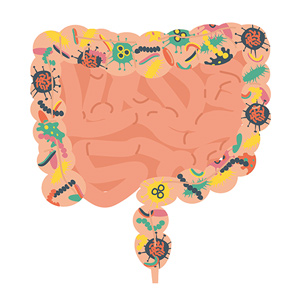Treatment
-
Forward Look
What’s Next? Summer 2021Using fecal transplants to improve immunotherapy response
by Natalie Slivinski
-
Are You a Candidate for Immunotherapy?
Tumor testing can help determine whether certain cancers are likely to respond to immunotherapy drugs.
by Kendall K. Morgan
-
A Fast Track for Cancer Vaccines
The rapid development of mRNA COVID-19 vaccines could spark advances in similar treatments for cancer.
by Stephen Ornes
-
June 18: The Week in Cancer News
A study compares the benefits of fixed doses of immunotherapy compared to weight-based doses, and the Food and Drug Administration approves a targeted therapy for a rare disorder called systemic mastocytosis.
by Bradley Jones
-
A Treatment That Came Just in Time
Cancer survivor Laurie Adami reflects on her experience participating in a clinical trial that ultimately contributed to the March 2021 approval of a CAR-T cell therapy for follicular lymphoma.
by Laurie Adami
-
Genetic Testing Gaps
Testing for hereditary mutations is increasingly recommended for people with cancer, but recommendations do not always translate into access to testing and appropriate counseling.
by Kate Yandell
-
Expanding Immunotherapy
At a patient advocate event, researchers discussed how to extend the benefits of immunotherapy to more people.
by Kevin McLaughlin
-
Should All Kids With Cancer Get Genetic Testing?
Testing children with cancer for hereditary mutations could impact their treatment and provide information relevant to other family members.
by Marcus A. Banks
-
Understanding How Radiation Causes Cancer
Researchers are investigating who is at greatest risk for radiation-induced cancers.
by Kate Yandell
-
How Long Do Immunotherapy Side Effects Last?
For people with melanoma who receive immune checkpoint inhibitors after surgery, side effects can remain even after treatment has been completed. These chronic side effects are most often mild.
by Anna Goshua














